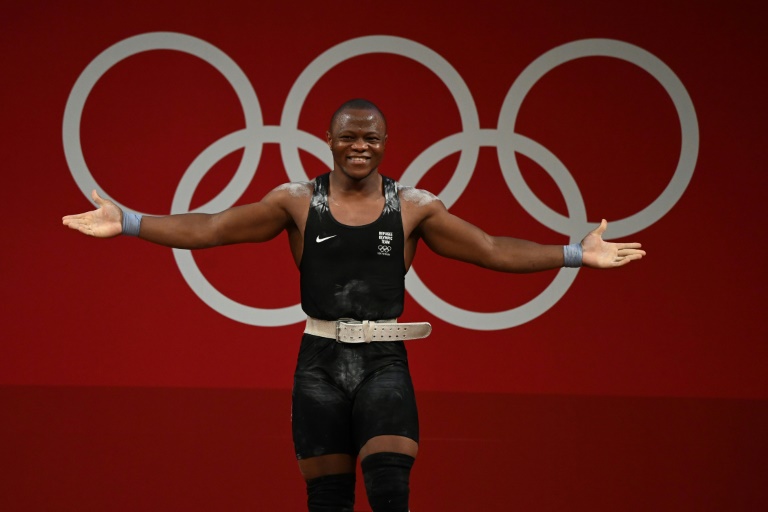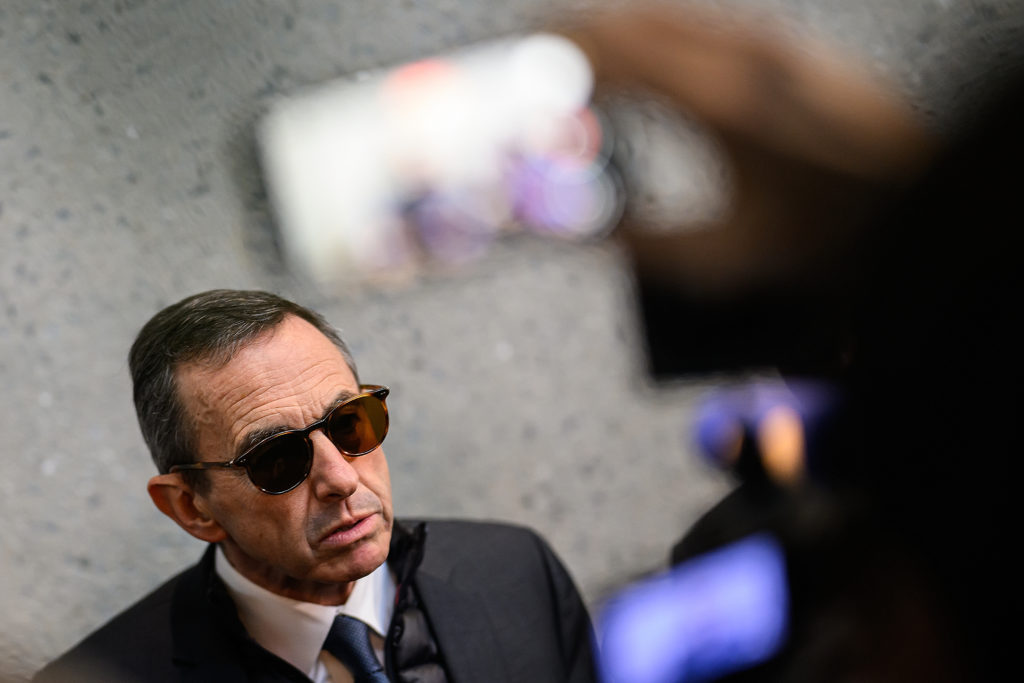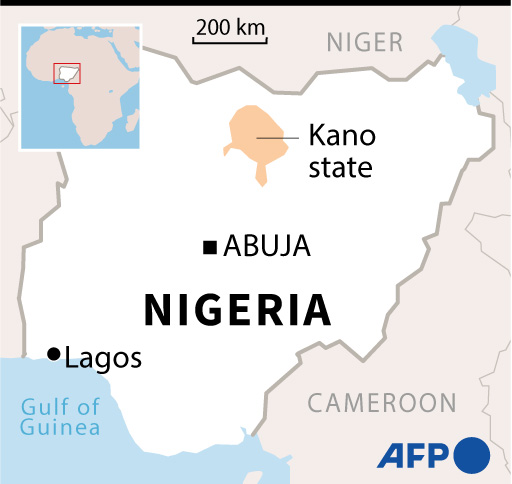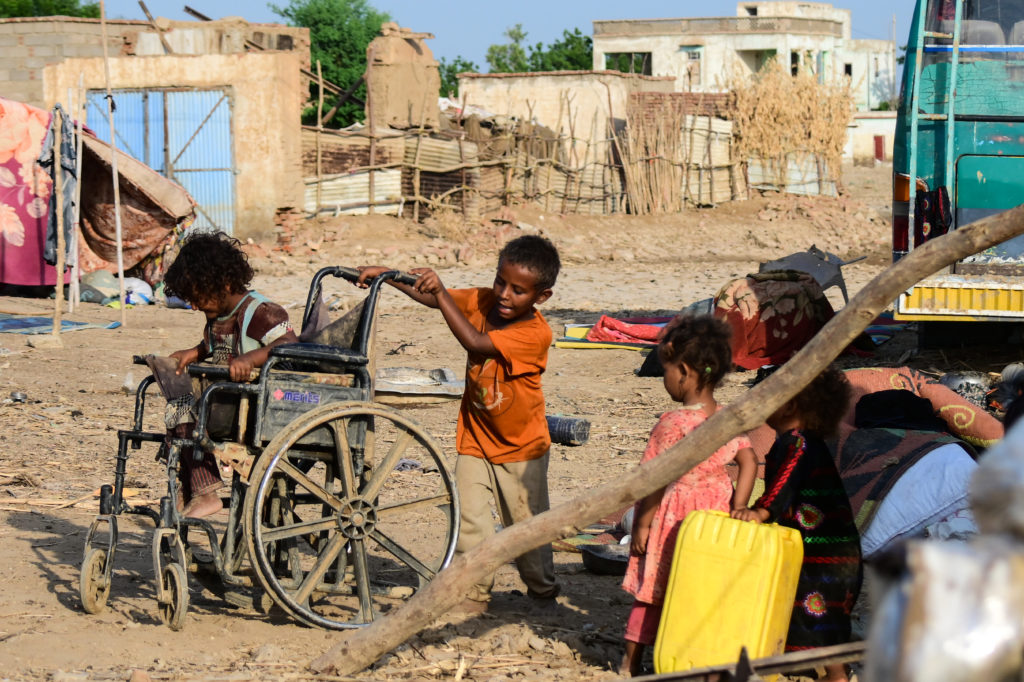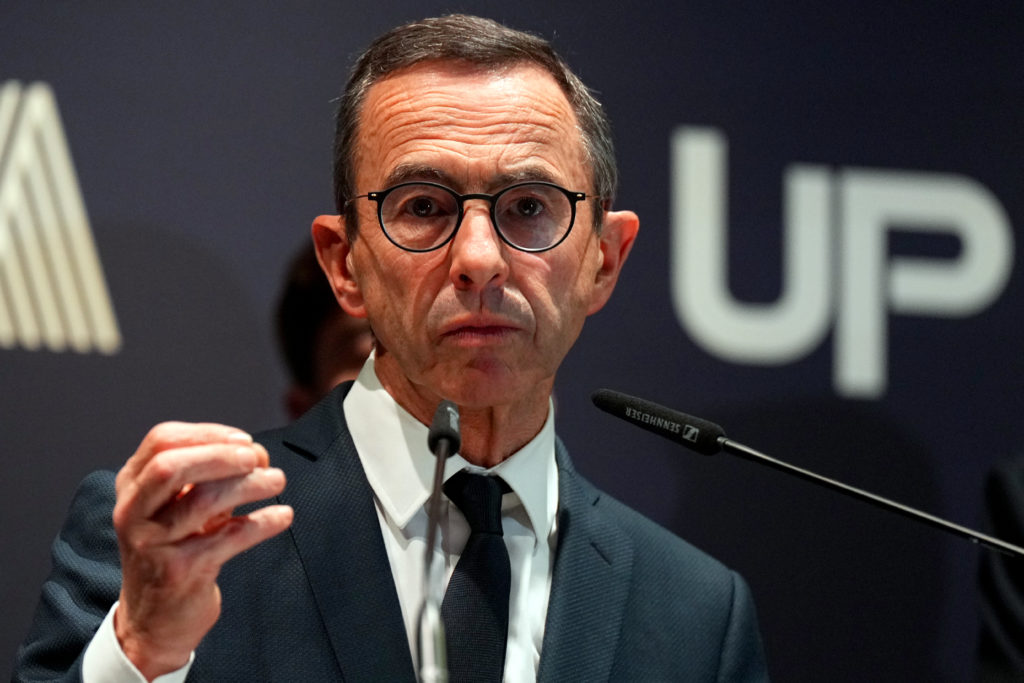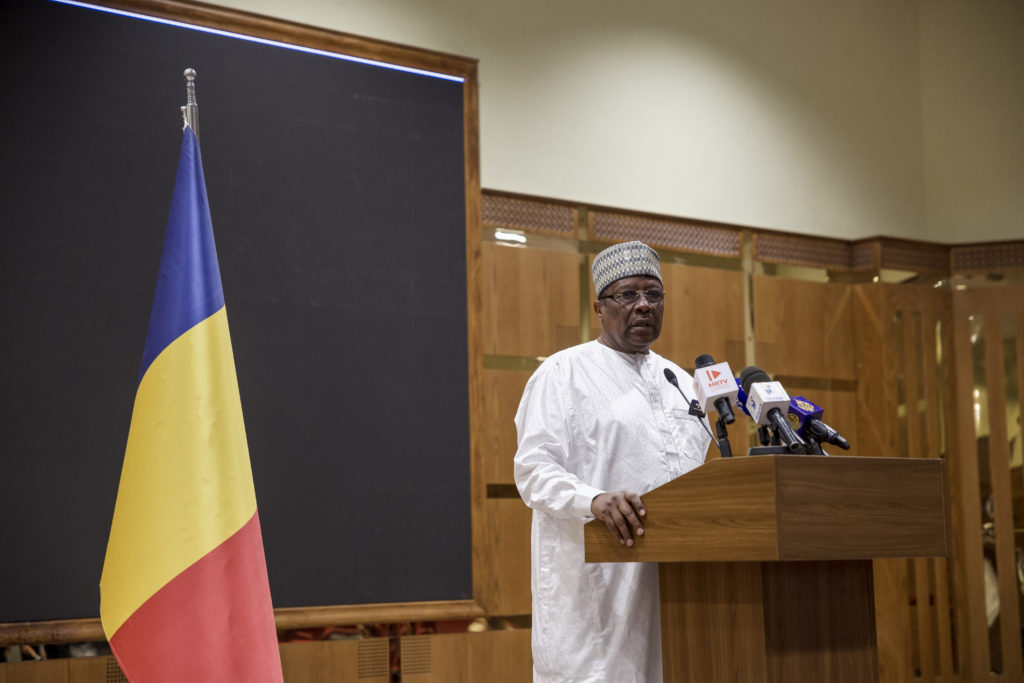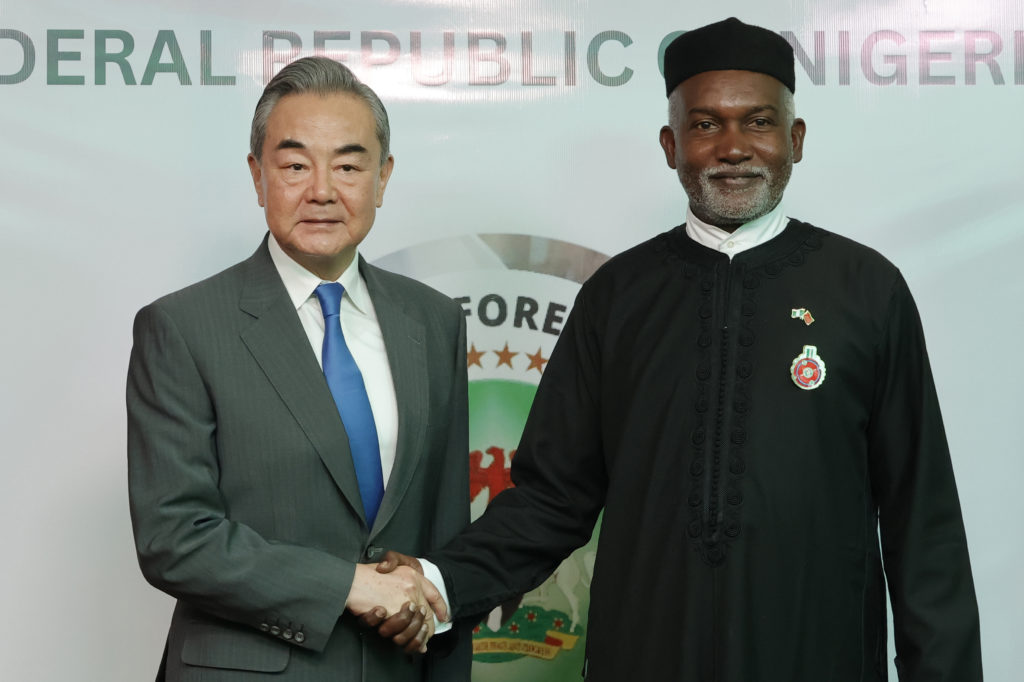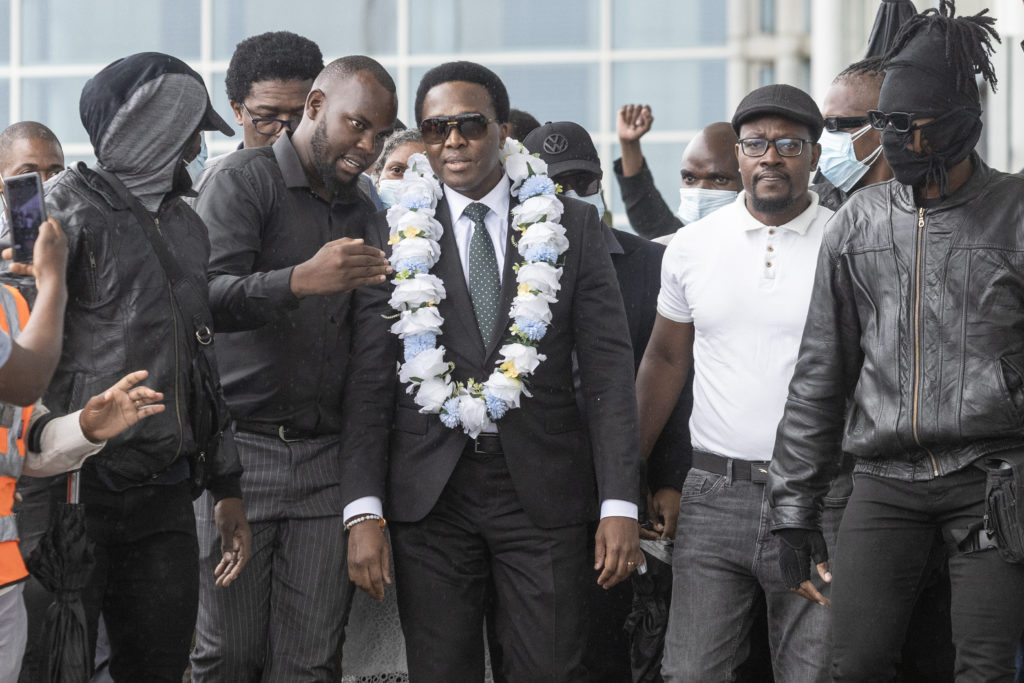Weightlifter Cyrille Tchatchet II is aiming for Commonwealth Games glory in his “home town” of Birmingham after a compelling journey since he competed in Glasgow in 2014.
The 27-year-old is lifting for England after receiving his citizenship earlier this year. Eight years ago he disappeared at the Glasgow Commonwealths having represented Cameroon, his country of birth.
In between, he competed for the refugee team at last year’s delayed Tokyo Olympics, where he finished 10th. He was also the flag bearer for the team.
“I was homeless. Then I was a refugee. Now I am a proud British citizen,” he told the Daily Mail.
What would make a medal in the 96kg category even more special is the role host city Birmingham has played in his life.
“Birmingham is the first place where I settled, the first place that felt like home for me in the United Kingdom,” he told The Times.
“Birmingham saw me during my very difficult moments (he was in a hostel for asylum seekers) and I would be very happy for Birmingham to see me stepping on that podium and winning a medal for Team England.”
Tchatchet II lives in Walsall, just north of the city. He works as a senior mental health practitioner.
He has never revealed why he fled the athletes’ village in Glasgow — he told The Times last week it was linked to “blackmail” — with just his backpack, containing his weightlifting shoes and belt.
“It was a very difficult experience,” he told AFP last year, ahead of the Olympics. “I had to escape. I was very young, very scared. I didn’t think much about the future.”
– ‘I didn’t give up’ –
Tchatchet II ended up homeless for two months, scraping an existence in the sout-coast city of Brighton — haunted by suicidal thoughts.
“I was sleeping under this bridge,” he told the Daily Mail. “I used to feed on biscuits. With the little money I had, I used to buy custard creams from (supermarket) Lidl.
“I was very lonely. I felt useless. I thought about the previous months when I was competing for my country. Now I found myself in a very vulnerable position.”
He admits he considered taking his own life.
“I was just depressed,” he said. “I couldn’t really see a way out. I used to stare at the sea, day in, day out.
“I felt like I just wanted to jump in the sea and see what happened.
“I went to the top of the road one day and was just thinking about something that would be quick.”
Tchatchet II, who took up weightlifting after seeing a photograph of an uncle lifting weights, was saved by the Samaritans, a charity supporting those in emotional distress.
The Samaritans alerted the police, who got him off the streets into detention centres, which he says were more like a “prison.”
He faced a couple of turbulent years while he waited for his asylum application to be processed but he was granted refugee status in 2016 and went on to gain a first-class degree in mental health nursing.
“In Cameroon, depression isn’t even a thing. If you have schizophrenia, they’ll probably say you have witchcraft, got into a sect, or paying for a bad thing you’ve done,” he told AFP.
“Even here (in Britain), there’s always that stigma: ‘You’re a man, you shouldn’t have depression.’ We need to change our mindsets. It can affect anyone.”
On Monday he will go through his eve-of-competition ritual of eating celery and having a hot bath — a far cry from those dark days under the bridge.
“I’ve had a difficult journey,” he told The Times. “I’m still training, I didn’t give up.”

